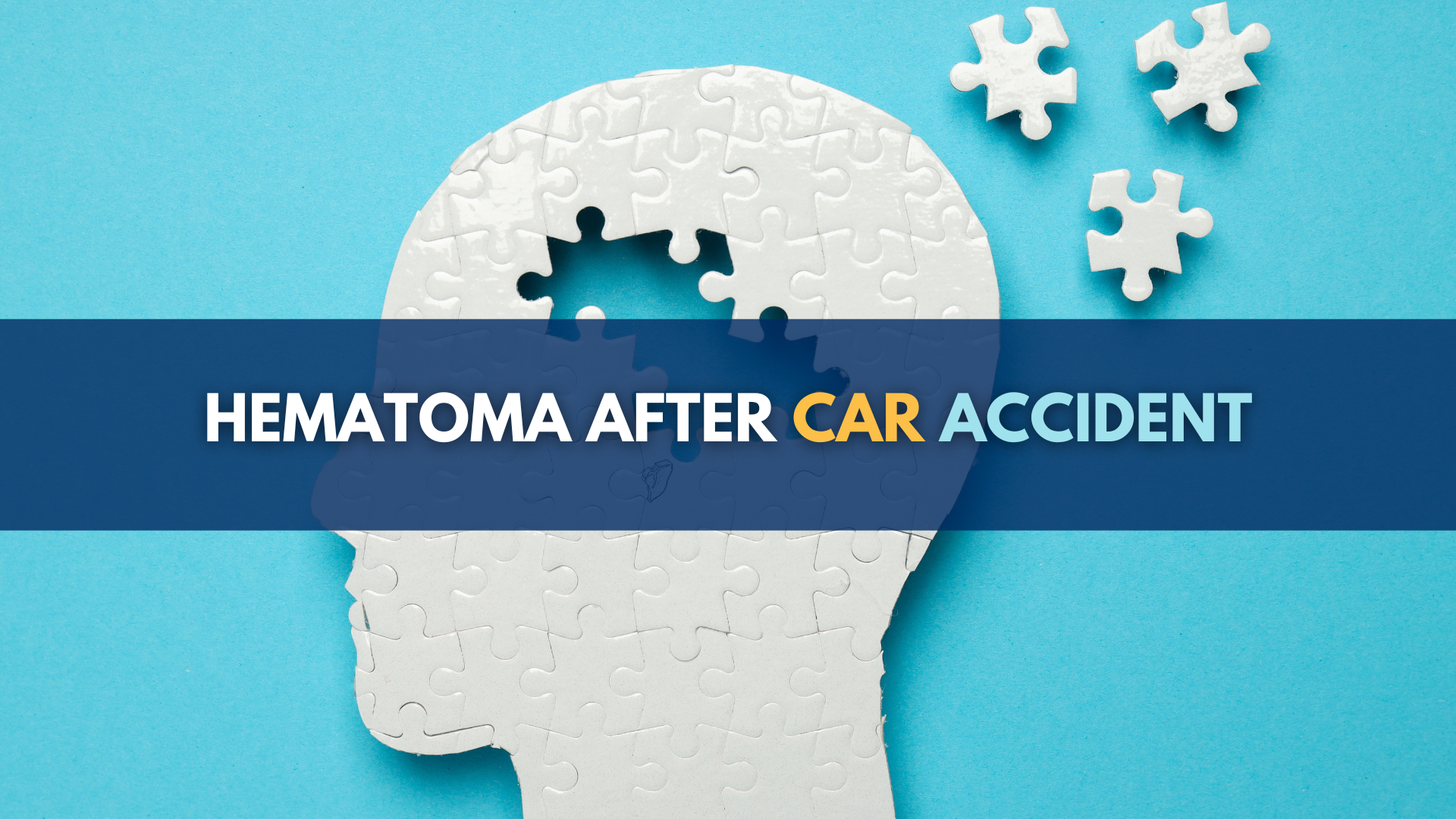Dealing with a “Normal MRI” is a common problem that many lawyers face when helping traumatic brain injury accident victims. A normal MRI is something that doctors who treat brain injuries actually expect will be normal in most brain injury cases. The misconception that many people have is that if a person truly has suffered a serious traumatic brain injury, an MRI scan of the brain will detect the injury.
When the MRI of the brain is normal, or negative, lawyers hired by insurance companies to defend these brain injury cases in court like to say that the normal MRI “proves” that no brain injury has occurred. Yet that is nonsense. As one article titled “Mild Traumatic Brain Injury” in the peer-reviewed journal Neurology states: “by common clinical agreement, neuroimaging studies are negative.” The reason normal MRIs are expected has largely to do with the limitations inherent in MRIs. MRI shows structure, so it will show a brain mass, or bleed, or tumor, but it does not image functioning, or how well the brain is working. It cannot show the injuries that most people suffer when they injure their brains in automobile accidents.
The Michigan Legislature recognized the limitations to diagnostic testing such as MRI, CT, and EEGs, and that these tests are always normal. When drafting the Michigan auto accident threshold law in 1995 the legislature specifically crafted what is now commonly referred to as the “Closed Head Injury Exception” by Michigan lawyers, found in MCL 500.3135. Yet a recent important study suggests that the limitations to diagnostic imaging tests may be changing. In a study being published in the peer-reviewed journal, “Brain”, Dr. Marilyn Kraus from the University of Illinois College of Medicine wrote that diffusion tensor imaging can detect changes in the brain that correlate to cognitive deficits in those with mild traumatic brain injury. Diffusion tensor imaging uses magnetic resonance imaging technology to examine the integrity of white matter that is especially vulnerable to traumatic brain injury. In the study, 37 traumatic brain injury patients — 20 mild and 17 moderate-to-severe brain injury– and 18 healthy volunteers with no brain injury, underwent diffusion tensor imaging and neuropsychological testing to evaluate memory, attention and executive function. The researchers found that the structural changes found in the white matter of the brain were consistent with observable cognitive deficits related to thinking, memory and attention. Patients with more severe injuries had greater white matter abnormalities, representing a permanent change in the injured brain.
This is an extremely important study. Many lawyers will tell you that helping people who have suffered a traumatic brain injury is the most challenging of all personal injury cases. The reason is that the victim often looks “too good,” or talks “too well,” even when the brain injury has been devastating to the victim’s life. Normal diagnostic studies, such as MRI, CT, and EEG, make it harder to prove that the person truly is injured. And then lawyers have to face the same defense doctors who are always hired by the insurance companies to testify that the injured person is not injured, or worse, is faking, or has some undiagnosed problem that preceded his accident. This new study on diffusion tensor imaging using MRIs to show that these are real injuries having real effects on real people who have suffered traumatic brain injury may help lawyers to better represent their clients.


